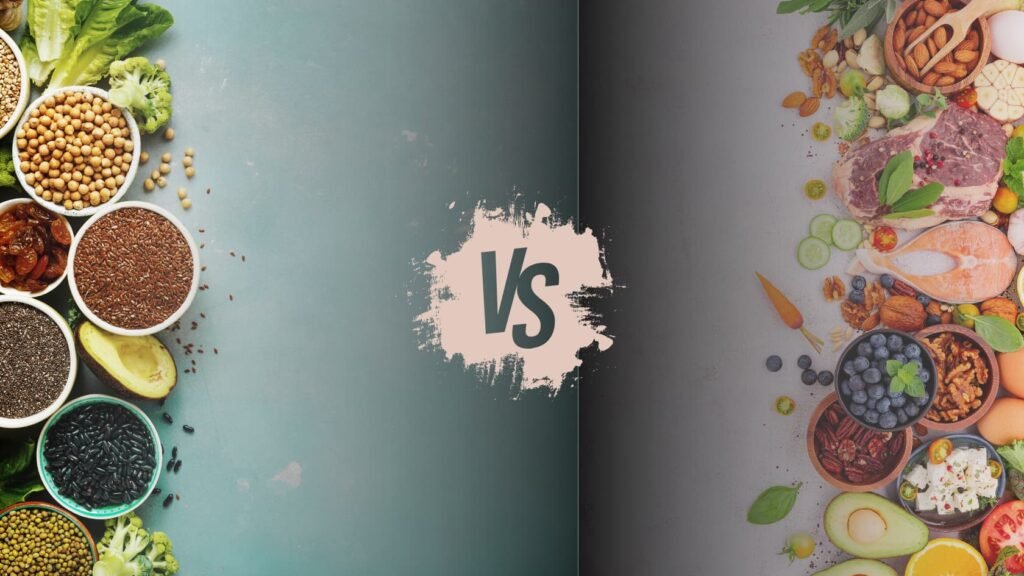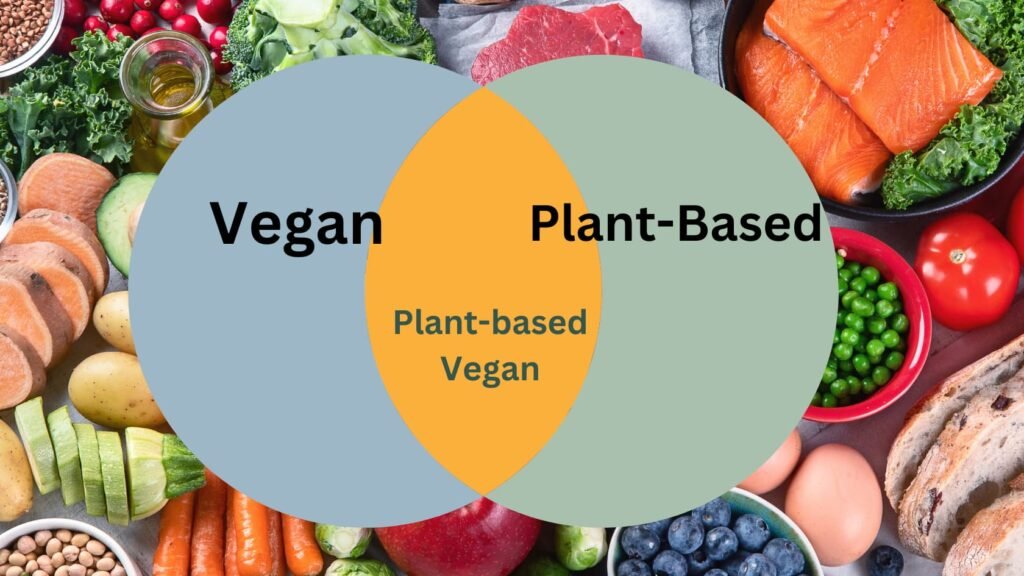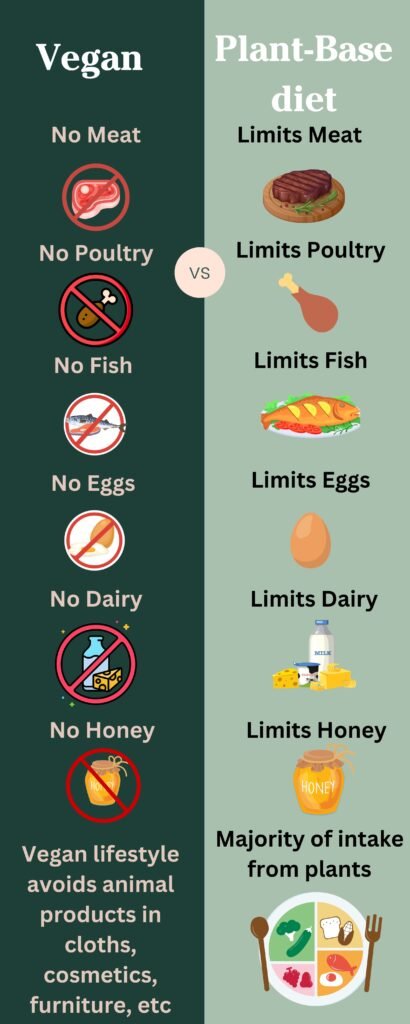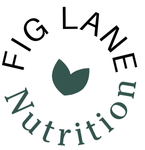
With an increase in focus on health and sustainability, vegan and plant-based often get thrown around.
When balancing health, social life, and work it can be hard to know what is best for your lifestyle. Especially with the confusion between plant-based, vegan, and plant-based diets.
There can often be confusion between these three terms for several reasons. One being that a product that is certified plant-based (by Plant Base Foods Association) and certified vegan are both vegan. Another, being that some but not all plant-based diets are vegan.
While there can be overlap in these diets. The primary difference is that plant-based diets primarily emphasize an intake of mostly plant foods. This means one does not have to exclude animal products while the other completely omits them from a vegan diet.
Vegan
As mentioned while following a vegan diet there is the avoidance of all animal products in foods. Animal products such as meats, poultry, fish, eggs, dairy, figs, honey, and any other ingredients derived from animals (gelatin, etc).
However, a vegan lifestyle extends beyond the plate. If someone follows a vegan lifestyle their habits impact other consumer choices as well. This looks like avoiding other products or companies that use animal products or have an impact on animal harm. For example furniture, clothing, and cosmetics products or companies.
Plant-based
A plant-based diet is focuses on and encourages having a majority of intake from plant sources. This includes includes fruits, vegetables, grains, beans, nuts, and seeds.
With the majority of the intake coming from plants, this does not mean foods like meats, fish, dairy, honey, and eggs have to be excluded. For this reason it can be very similar to the Mediterranean diet.
If including animal products, it is often done in smaller portions or less frequently. For example, having a roasted vegetable salad topped with beans and a small portion of fish or only eating meat at meals 3 days a week.
The overlap

Not everyone who follows a plant-based diet includes meat. If someone follows a vegan lifestyle while including the majority of their intake from plants, they would be considered as following a plant-based diet.
A plant-based diet can have overlap with other diets aside from just vegan though. Anyone following a diet where a majority of their intake is from plants could fall under plant-based including vegetarian diets, Mediterranean, DASH and more.
Additionally, as mentioned prior, foods that are certified plant-based (by PBFA) are also free from animal ingredients as is vegan. However, one main difference between these certifications is that certified plant-based also ensures the products are mainly plants. They do have up to a 10% exception for inclusion of non-plant based but also do not allow animal based ingredients [1].
The Differences Between Vegan and Plant based Diet
The glaring difference is the flexibility of a plant-based diet. People who are plant-based can still include animals or animal products in their food.
Additionally, plant-based diets are focused on the dietary component and not lifestyle. Meaning unlike a vegan lifestyle there isn’t focus on the clothes you’re wearing or cosmetic products.

Both plant based diets with meat and vegan diet are associated with potential health benefits. However, from a dietitian’s perspective, if someone is eating plant-based while still including animal products this is less restrictive. A less restrictive diet can make it more sustainable to follow long-term for some.
Nutritional Differences Between Vegan and Plant based.
Because a plant based diet overlaps with several other diets, including vegan, the health benefits of these diets can’t be examined independently. However, both are associated with several health benefits including reduced risk for certain cancers, and for those with cardiovascular disease and type 2 diabetes improved blood sugar control and LDL cholesterol [2,3].
As mentioned earlier, sustainability for someone to follow the diet long term and restrictiveness is another important thing to consider.
A vegan diet does take more careful planning to ensure adequate intakes of nutrients are being met. Animal products are not the only sources, but they often offer a good source of protein, calcium, iron, and B12. A plant-based diet with good variety can make it easier to meet these nutrient needs, and reduce the risk for deficiency.
Take away
Whether you are looking to follow a vegan diet or a plant-based diet, they are both associated with health benefits. A plant-based diet can, but does not have to exclude animal products. The main point of the diet is to have majority of your intake come from plant foods. If you’re looking to eventually follow a vegan diet, but currently eat a lot of meat or processed goods, moving to a plant-based diet with less animal products could be a good first step to ease your way into it.
A plant-based diet can also be more sustainable long term for some lifestyles as it can include all food groups. But ultimately a large consideration is personal goals and motivations.

Pingback: Plant-Based Grocery List [Dietitian Approved] - Fig Lane Nutrition
Pingback: Plant-Forward vs Plant-Based - Fig Lane Nutrition